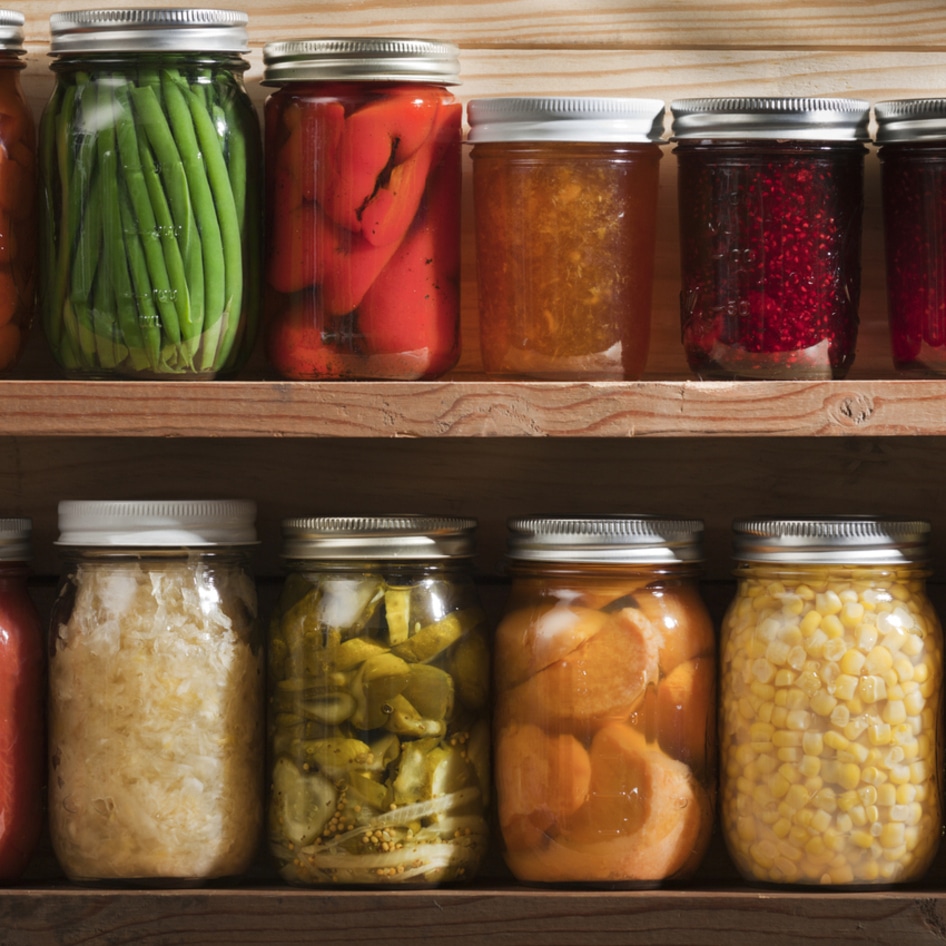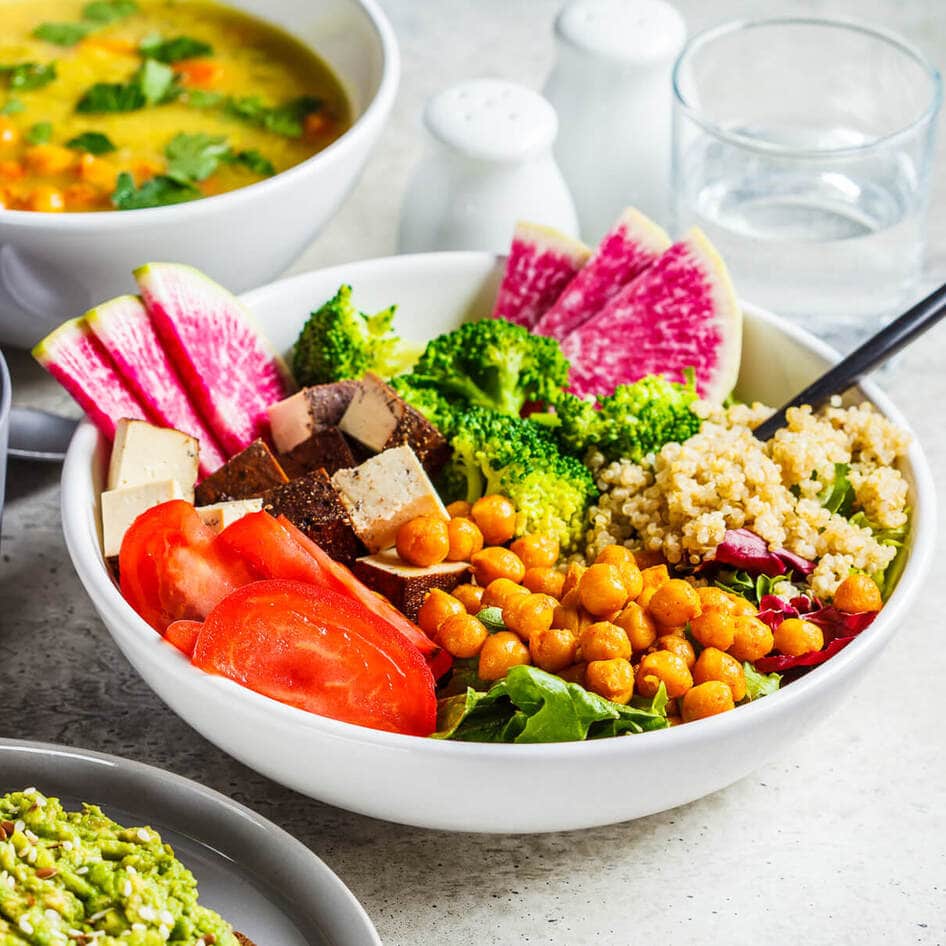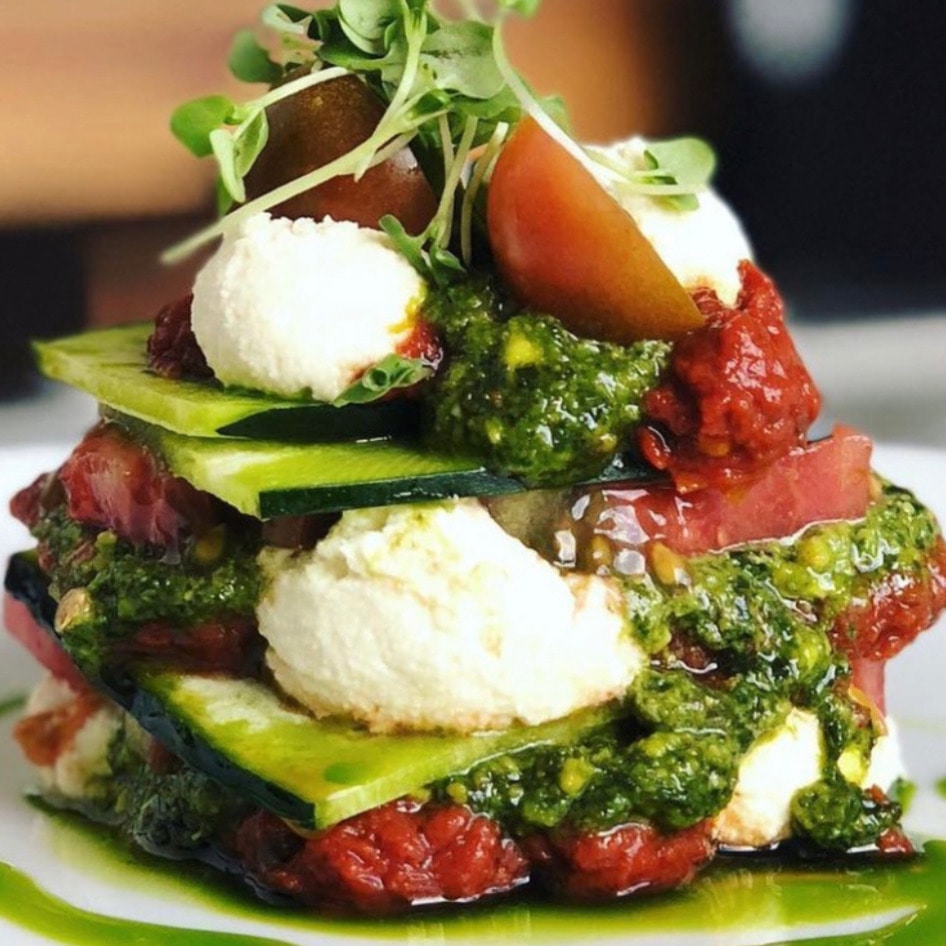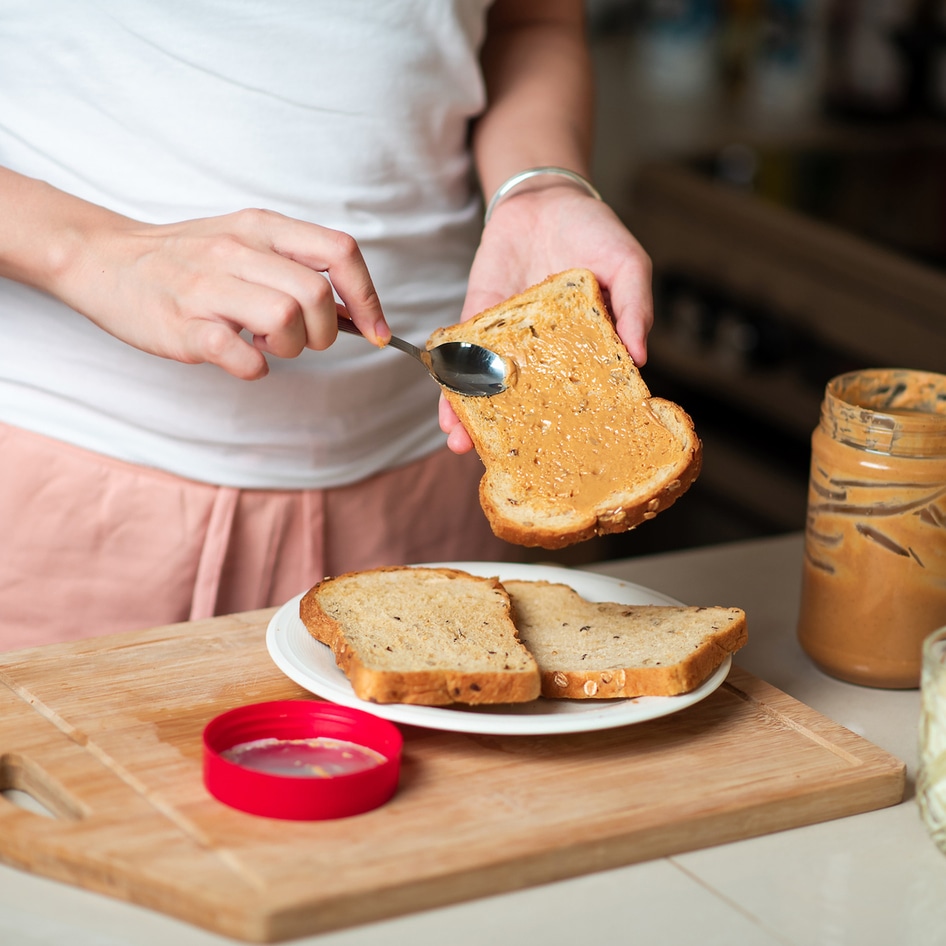10 Healthful Foods You Should Be Eating Right Now
Cut through the superfood cloud and find out what should really be on your dinner plate.
February 3, 2016
In the age of superfood crazes and raw food cleanses, it seems like everyone is trying to work more healthful foods into their diet. But as vegans, many of us have already made nourishing foods, such as kale smoothies and quinoa salads, everyday staples. But there are plenty of beneficial foods still flying under the radar for vegans and omnivores alike. We’ve highlighted 10 healthy veggies, seeds, grains, and other foods that can jazz up your breakfast, lunch, or dinner with vitamins, minerals, healthy fats, and other goodies.
1. Beets
While the good old-fashioned beet is nothing new, it doesn’t get as much love as some other veggies. But it should. One cup of beets provides 37 percent of the daily value for folate, and they’re loaded with vitamin C and fiber. For those who think beets taste like dirt, try slow-roasting them with a touch of maple syrup.
2. Coconut water
Ditch the commercial sports drinks with their artificial colors and fake sweeteners. Coconut water is high in potassium and electrolytes, both of which need to be replenished after a long workout. Plus, it’s extremely refreshing after an exhaustive run in the sun. Watch out for sweetened varieties though. A good coconut water should only contain coconut water.
3. Dulse
All sea veggies are nutritional powerhouses, but for some, the fishy taste is a turn-off. Enter dulse flakes. With only a hint of sea-faring flavor, these flakes can add protein, iodine, and trace elements to your meal. Use as a substitute for salt or add to green smoothies for an electrolyte boost.
4. Freekeh
Almost as fun to eat as it is to pronounce, freekeh is a whole grain made from roasted green wheat. It’s been around for centuries (the first known mention of freekeh comes from a 13th century Baghdad cookbook!), but it’s just now edging its way into North American diets. Freekeh has a nutty, smoky flavor, and it’s reminiscent of chewy whole grains like spelt or wheat berries. It has a high protein content, tons of fiber, and a low-glycemic index. Use in place of rice or other cooked grains.
5. Hempseed oil
Essential fatty acids (EFA) are the only fats that your body cannot produce on its own, so you need a little “good fat” for optimum health. Enter unrefined hempseed oil: this nutritional powerhouse contains a 3:1 ratio of omega-6 to omega-3 essential fatty acids. These EFAs not only help support your cardiovascular, immune, and nervous systems, but they’re also believed to reduce signs of aging and help promote healthy skin, hair, and nails. Look for cold-pressed, unrefined hempseed oil, and try it as a substitute for olive oil in homemade salad dressing.
6. Himalayan pink salt
Too much of any salt can be a bad thing, but salt used in moderation can have some health benefits. Especially when you’re using Himalayan pink salt, an unrefined, raw salt mined from ancient salt caves. It contains more trace minerals, such as calcium, magnesium, iron, zinc, and copper, than regular table salt.
7. Jicama
Also known as the “Mexican turnip,” this crunchy root veggie is best enjoyed raw. It’s perfect for slicing into matchsticks and tossing into a Mexican-inspired black bean and corn salad. Or try just dipping slices of jicama in a bowl of salsa or vegan cheese dip as an alternative to tortilla chips. Jicama boasts a huge fiber content, plus it’s high in vitamins A, B, C, calcium, and phosphorus.
8. Maca
This turnip-like root veggie is native to Peru, but it’s gaining popularity in North America as a superfood thanks to its ability to regulate the adrenal glands, which help the body handle stress. Maca is most commonly available in powder form and can be added to smoothies and homemade energy bars.
9. Sachi Inchi Seeds
Sometimes referred to as a “mountain peanut,” sachi inchi seeds are a relative newcomer to the superfood world. But they’ve been cultivated by the indigenous people in the Amazon rainforest for ages. Like hempseed oil, these seeds and their oil are high in essential fatty acids. Plus, they have a very high protein content. The seeds are perfect for mid-day snacking, or try tossing some in a stir-fry.
10. Sauerkraut
Not just a topper for your veggie beer brat or tempeh reuben, sauerkraut can be used to stuff homemade pierogies or try stirring some into a salad. Sauerkraut combines the health benefits of the cruciferous veggie family with the probiotic benefits of fermented foods. Unfortunately, storebought sauerkraut may not be as high in probiotics, so making your own or procuring a fresh, local source is recommended.
Bianca Phillips blogs at Vegan Crunk and is the author of Cookin’ Crunk: Eatin’ Vegan in the Dirty South.
JUMP TO ... Latest News | Recipes | Guides | Health | Shop
Photo by Tim Sackton







